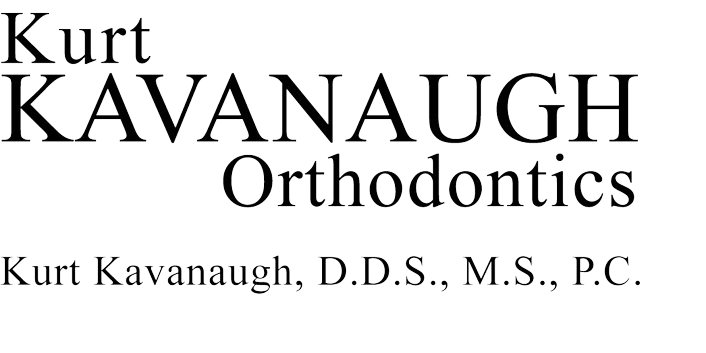Wisdom teeth start erupting through the gums as early as age 16. For most people, these teeth are the last teeth to erupt around age 17 or 18. Unless there are complications with pushing through the gums, they are all the way through by age 19. What is most surprising is that a lot of misconceptions about wisdom teeth exist, but Kurt Kavanaugh Ortho can debunk most of them here.
- Removing Wisdom Teeth Makes You Less Intelligent
It was once thought that this last set of teeth was responsible for a long life filled with experience and wisdom. Removing them was a sign of impending death, or worse, stupidity and shortened lifespan. Such a concept was propitiated by the fact that very few people lived past the age of 30 or 40 then. Modern science has easily dispelled this idea with longer life spans and no wisdom teeth involved.
- Removing Your Wisdom Teeth Will Throw off Your Bite
It’s easy to see how you might believe this common misconception. You’re losing the last set of teeth in the back so your other teeth might overcompensate for those missing teeth. Makes sense, doesn’t it?
Yet, that isn’t the case. A lot of people have more bite alignment issues with their wisdom teeth intact. That is because these final molars are often really huge and they tend to push the other molars to the side just to fit themselves into a person’s mouth. Removing them can help improve one’s bite alignment when it’s clear that the wisdom teeth are creating this problem. Any remaining bite alignment issues can be resolved with adult orthodontics.
- You Will End up With Really Bad Sleep Apnea or Snoring If You Remove Your Wisdom Teeth
Most misconceptions about wisdom teeth have a lot to do with their removal. This one in particular preys on the fear that you will instantly become a snorer and/or that you will suffer from instant sleep apnea if you don’t have that last set of teeth holding your mouth open. That simply is not the case.
People snore or develop sleep apnea via a variety of causes. They could have weaker neck muscles, be heavyset, be prone to snoring because of allergies or sinus issues, etc. Removal of one’s wisdom teeth is rarely listed as a cause of either of these bedtime issues. Thankfully, if you do have issues with breathing or snoring at night, adult orthodontics can help.
- Wisdom Teeth Should Be Allowed to Erupt Before Removing Them
You can see where this might be smart. After all, it’s easier to get a grip on a tooth that is above the gum line and pull it out, right? Yet, what happens if part of a wisdom tooth is impacted (i.e., literally stuck under the root or crown of the molar in front of it)?
In this case, the patient experiences extreme pain and discomfort, and the molar in front of the impacted wisdom tooth may be shoved out, cracked, damaged, or end up with an infection if the patient waits for it to erupt. At a clinic for orthodontics in Kansas City, the object is to do oral surgery to remove the impacted wisdom tooth and reduce the negative impact on the molar in front of it.
- All Wisdom Teeth Come in Straight and Perfect
That’s funny! No, they typically don’t. Wisdom teeth will come in at an angle, horizontally out the side of the jaws, or only half-erupt. Dr. Kavanaugh’s practice for orthodontics in Kansas City has seen wisdom teeth do all kinds of weird things. Kurt Kavanaugh Ortho can fix every wisdom tooth oddity there is.




